Successfully using the feeling of isolation is a staple of the modern horror genre with games like Amnesia, Alien: Isolation, Outlast and even the new Resident Evil using this dynamic to its full effect. All of these games go out of their way to make you make you feel truly alone, and with this feeling naturally comes fear. Humans as social animals seek comfort in others for support and guidance. Exposure to prolonged isolation can make us uncomfortable, and a good horror game capitalises on this by putting the player in potentially dangerous and creepy surroundings.
The use of isolation in the horror genre has proven successful and will continue to be for a long time to come, but developers can be in danger of overusing this one sole mechanic and the genre could again be in danger of becoming stale.
Going back to the psychology of isolation and human beings being social animals, it can be just as scary and tense when you are seeing your companions being killed off one-by-one or dying as a result of the choices you made as the player. This adds a new layer of fear and worry because we find safety in numbers and if implemented correctly in a horror game it can put the player in potentially uncomfortable situations — especially as we grow attached to these characters.
The Walking Dead – Telltale Series
What makes The Walking Dead television series so good isn’t so much the zombies but it’s the character development and how the said characters grow that you eventually come to care for them as individuals and that is what drives the story forward — so when you lose a major character in the series you really feel its impact.
This is what makes the Telltale Games series such a perfect match as you effectively craft believable relationships with the characters in the group. What adds to the tension is that all your choices matter, and almost every action you make has a reaction, and in common with the TV series the tension and the fear comes from the genuine worry and concern you have for the characters you’ve grown to like in your group.
Zero Escape Series
A visual novel at heart, the Zero Escape series focuses on nine seemingly unrelated characters who are captured and tortured by a masked villain called Zero who, separates them into three groups and informs them that in order to escape, they have to decipher a six-part password, which is revealed bit-by-bit every time someone dies. Adding to Zero’s twisted sense of enjoyment they are fitted with a wrist bracelet that injects them with an amnesiac drug every 90 minutes.
The Zero Escape series forces you to make difficult moral decisions that affect all the characters in the game, and the well written scripts force you to question what is or isn’t evil — if there is such a thing — as well as your own personal identity. It is narrative elements like these and the shocking consequences you’re faced with that add a great deal of fear, tension and stress.
Corpse Party
Don’t let this games cute 16-bit visuals fool you, Corpse Party is an unnerving, sinister, gory and a deeply disturbing experience. Taking a minimalistic approach it’s psychological horror at its best because its a game that leaves your imagination and the sound to fill in the blanks — the sound effects in the game are really horrific.
Corpse Party’s story centers around a group of students and their teacher who wake up to find themselves separated in a decaying elementary school that was once the site of multiple horrific murders. You’re tasked with uncovering the secrets of these murder and the horrors of the events that happened there and search for one another in order to escape.
The tension and horror is built around the decisions you make and the helplessness you feel when your characters are killed because of those decisions. You’re also forced to listen to and experience a disturbingly lengthy death scene.
Siren: Blood Curse
The story of Siren: Blood Curse centers around a team of American Journalists investigating human sacrifices in a mysterious lost Japanese village.
The twisting narrative is told through the perspectives of seven different playable characters, whose story unfolds over a series of twelve episodes. The episodic nature of the game allows the characters to develop in a more natural way — very similarly to a televised box set series.
Until Dawn
Until Dawn’s storyline follows a group of teens who stay overnight in a log cabin who one-by-one get picked off and murdered by a mysterious serial killer.
Like other titles listed here Until Dawn’s fear and tension is built on choice everything you do has impact on how events unfold for your characters and whether that decision has lead to a character’s death or if it saves them.
You’ll take control of each character individually over the course of the game and every decision you make on their behalf will ultimately have good or bad consequences. This helps raise the tension and fear especially if you’re focused on seeing one specific characters ending in one of the many playthroughs the game offers. It’s a clever mechanic that works beautifully in a game that emulates and puts a unique spin on the cliche teen horror genre that we’re so used to seeing on film — while adding more scares on each replay.
Groups can be scary, if done correctly
The horror genre whether it’s the survival horror or the adventure game approach is flexible enough to successfully combine group based horror games like the ones I’ve mentioned here and develop into sense of isolation and tension in a similar way to both Corpse Party and the Zero Escape series while maintaining the ability to tell a good story.
Horror games that use a similar narrative mechanic to tell its story and interact with other characters to such a level of depth like Telltales Walking Dead series or Until Dawn can allow the player to feel a certain amount of companionship and camaraderie with them, and when those companions begin to die one-by-one around you this feeling of loss and helplessness will give way to a more organic sense of isolation, instead of those where you are forced to be alone against all the odds.



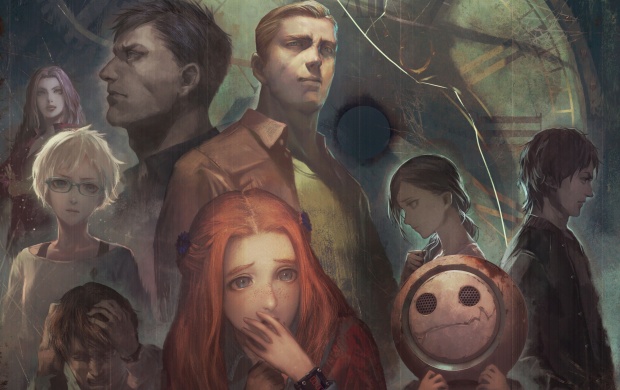
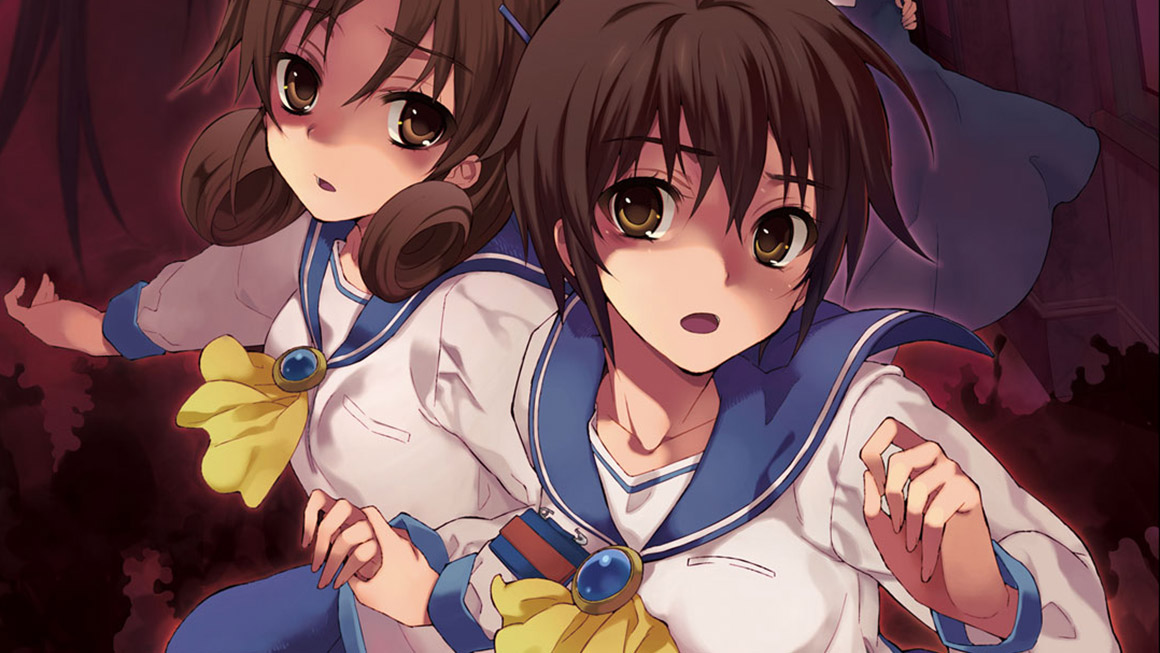
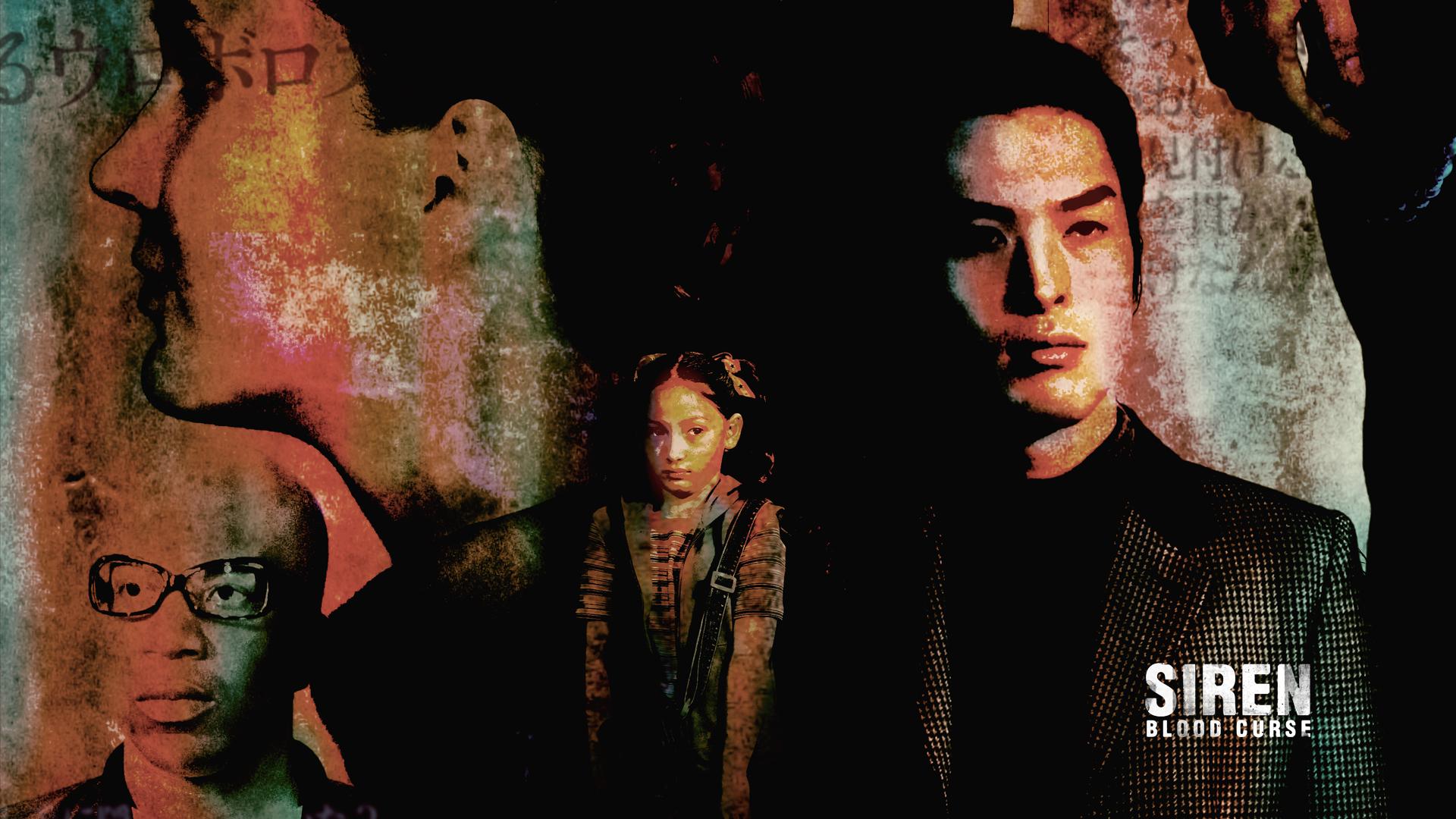
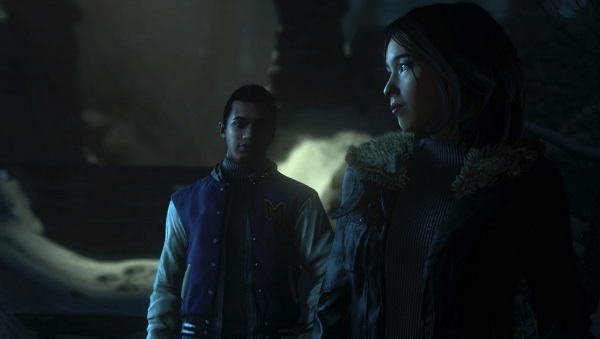





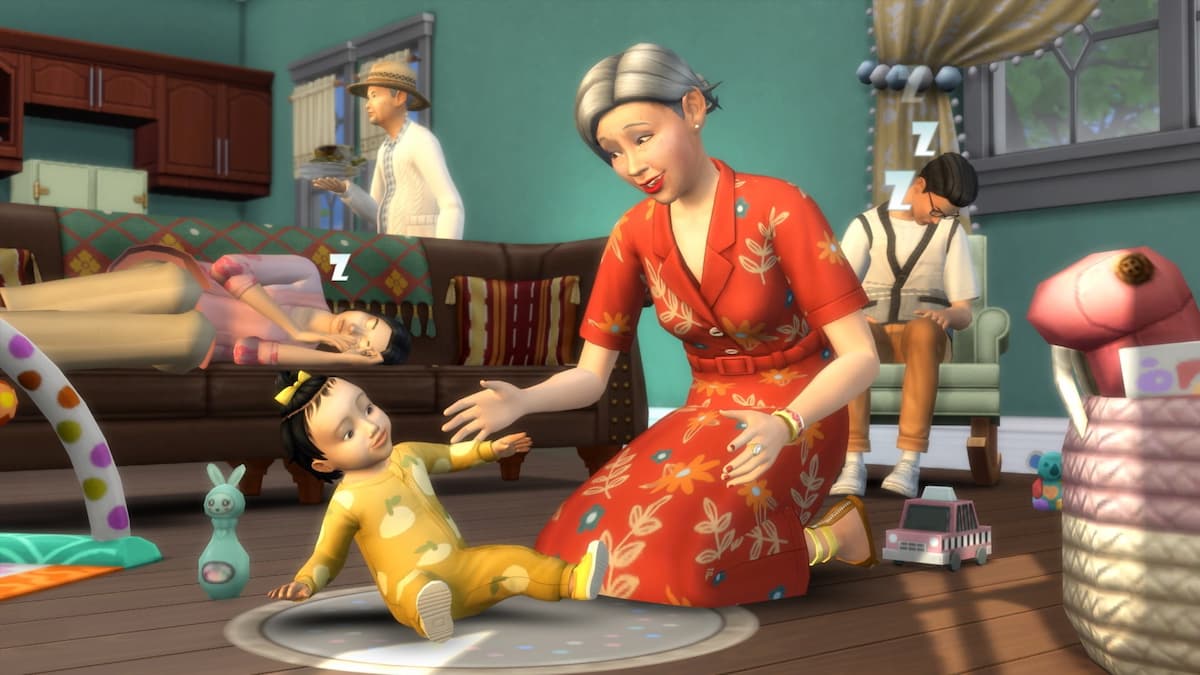
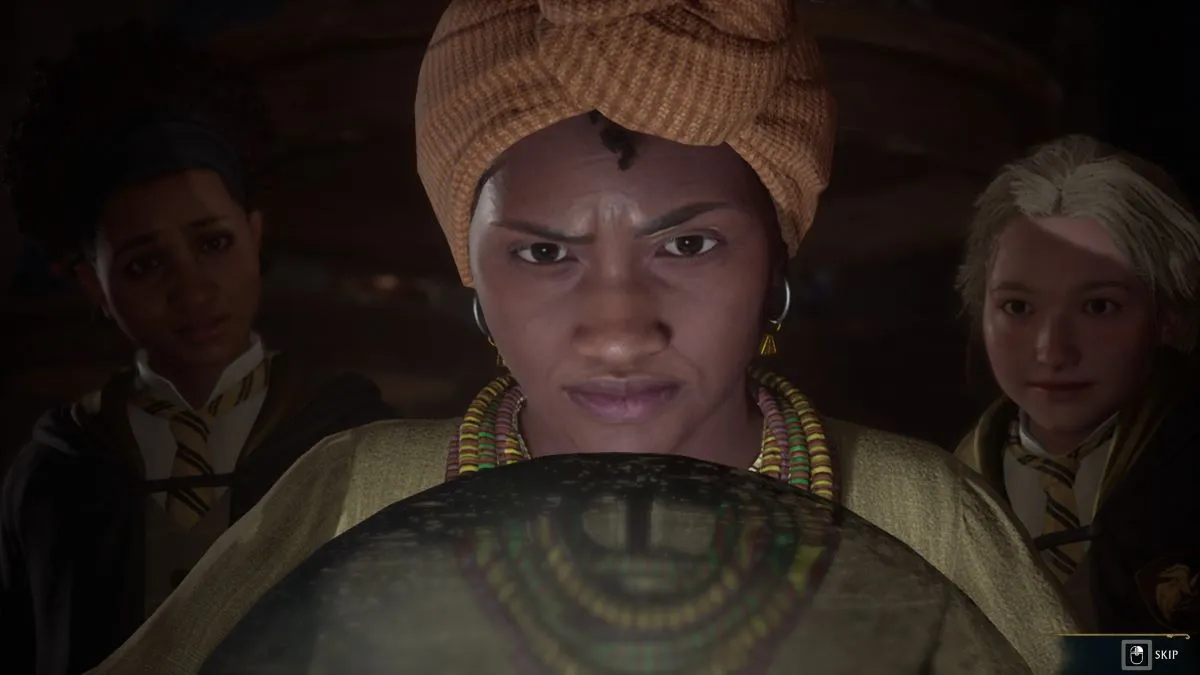

Published: Jan 26, 2017 04:12 pm